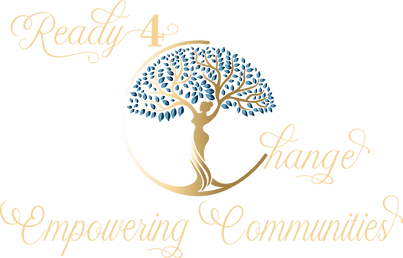
Why It’s Sometimes Okay to Argue: The Role of Healthy Conflict in Relationships
Conflict is often seen as something to avoid, especially in close relationships. Many of us are taught that arguments are inherently negative or a sign that something is wrong. But the truth is, arguments, when handled constructively, can be an essential part of healthy relationships. Instead of being afraid of disagreements, we can learn to view them as opportunities for growth, understanding, and connection. Here’s why it’s okay—and even beneficial—to argue sometimes.
1. Arguments Can Improve Communication
When approached with respect and openness, disagreements can help partners, friends, or coworkers better understand each other. Everyone comes into relationships with unique perspectives, experiences, and emotional triggers. By expressing your thoughts during an argument, you’re giving the other person insight into your needs and feelings. Similarly, listening to their point of view allows you to gain clarity about theirs.
2. They Provide an Opportunity for Growth
Healthy conflict encourages self-awareness and personal development. When someone challenges your perspective, it forces you to reflect on your values, beliefs, and behaviors. This reflection can lead to positive changes, helping you become more empathetic, patient, or assertive.
3. Arguments Help Set Boundaries
Disagreements often arise when someone feels their boundaries have been crossed or their needs aren’t being met. Arguing can bring these issues to light and provide an opportunity to set or reinforce boundaries. For example, a disagreement about spending too much time at work might help a couple establish clearer priorities for their relationship.
4. They Strengthen Relationships
Contrary to popular belief, conflict doesn’t have to weaken a relationship—it can actually make it stronger. Successfully navigating an argument shows that you’re committed to working through challenges together. Overcoming disagreements builds trust, as both parties demonstrate that they value the relationship enough to address and resolve conflicts.
5. Suppressed Emotions Can Lead to Bigger Issues
Avoiding arguments altogether often means suppressing your true feelings. Over time, unspoken frustrations can fester and lead to resentment or emotional distance. Arguing in the moment allows you to address issues before they snowball into larger problems.
6. It’s a Normal Part of Human Interaction
Conflict is a natural part of any relationship because no two people are exactly the same. Different opinions, preferences, and approaches to life are bound to clash occasionally. Accepting this fact can help you approach arguments with less fear and more curiosity.
How to Argue in a Healthy Way
While arguments can be productive, it’s important to approach them constructively to avoid unnecessary hurt. Here are some tips for keeping conflicts healthy:
Stay respectful: Avoid name-calling, blaming, or shouting. Focus on the issue, not the person.
Use “I” statements: Express how you feel without placing blame (e.g., “I feel hurt when…” instead of “You always…”




